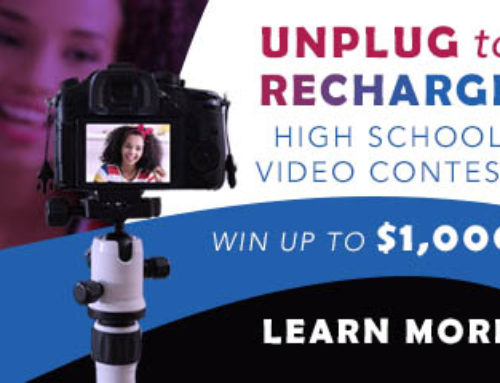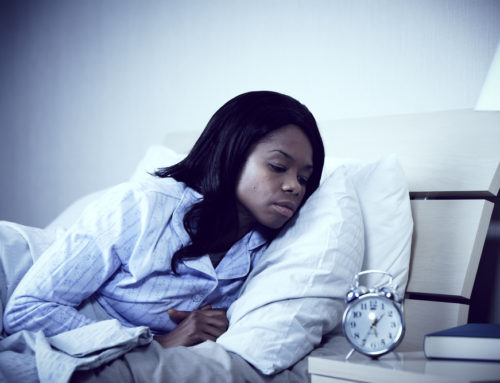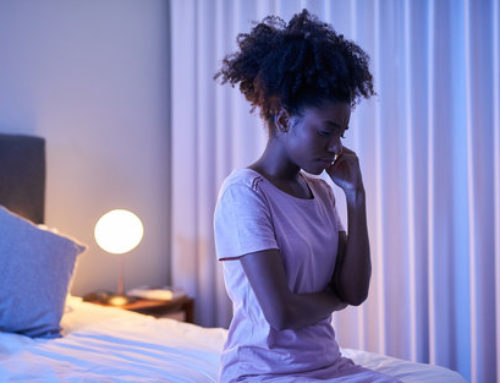Bedrooms are getting smarter than ever before with the introduction of technology that promises a better night’s sleep.
From everyday gadgets like apps and wearable trackers to high-tech innovations like smart mattresses and headbands that claim to measure brain activity, new products promise to help us fall asleep, stay asleep, and sleep better. But can they really help solve your sleep problems?
The downside of sleep tech
While sleep trackers like Fitbit or the Apple Watch can be useful tools to track your slumber and become more aware of your sleep patterns, there are many limitations to what wearables or contactless trackers can tell you.
There is a lack of data about their validity, accuracy, and reliability. Most of the devices on the market are sold as entertainment devices. This means that the devices don’t need to pass a rigorous FDA approval process and they have not been independently validated.
It is important to focus on how you feel in the morning before checking to see how your wearable tells you how you slept.
These devices can even have unintended effects, such as reinforcing poor sleep habits and worsening insomnia and anxiety. Researchers have coined the term “orthosomnia” to describe the unhealthy obsession with perfecting your sleep data that can lead to worse sleep.
It’s important not to become overly reliant on sleep trackers. Sleep tech doesn’t diagnose sleep disorders or replace testing in sleep labs. But these tools can supplement conversations you have with your sleep doctor.
Innovations to improve sleep health
There are plenty of upsides to sleep technology, too. There are apps that use sound recordings to track snoring, help you adjust your sleep schedule when traveling to avoid jet lag, and offer guided meditations to help you ease into sleep, to name a few.
There are many positive advancements in technology that may help improve sleep in the future as well.
Companies are developing new devices, such as wearable technology to help people with restless legs syndrome and chin sensors that detect obstructive sleep apnea, to tackle common sleep problems. There is even a new device intended to reduce sleep disturbances related to nightmares.
Even students are creating new technology. Recently, engineering students at Western Michigan University developed a wearable wristband for narcolepsy with sensors to detect when someone is about to fall asleep.
Technology in your bedroom
Bringing technology into your bedroom, even with the intention of bettering your sleep, can have a negative impact.
Studies have shown a link between sleep loss and blue light, which is emitted by personal electronic devices. When you look at a brightly lit screen before bed, it can trick your body clock to a level of daytime-level alertness.
The AASM recommends turning off electronic devices at least 30-60 minutes before bedtime.
Simply tracking your sleep will not improve it. Establish healthy sleep habits and dedicate enough time to get sufficient sleep each night. Consider using sleep technology to supplement healthy sleep behaviors, but do not rely on it as a fast fix.
If you are concerned about having a sleep disorder, get help from the sleep team at an AASM-accredited sleep center near you.
Related:
- Breaking the cycle of stress, negative thoughts, and sleeplessness
- Can music help you sleep better?
- Binge-watching is stealing your sleep
- Consumer sleep technology is no substitute for medical evaluation
Medical review by Seema Khosla, MD
Authored by:
Kate Robards





